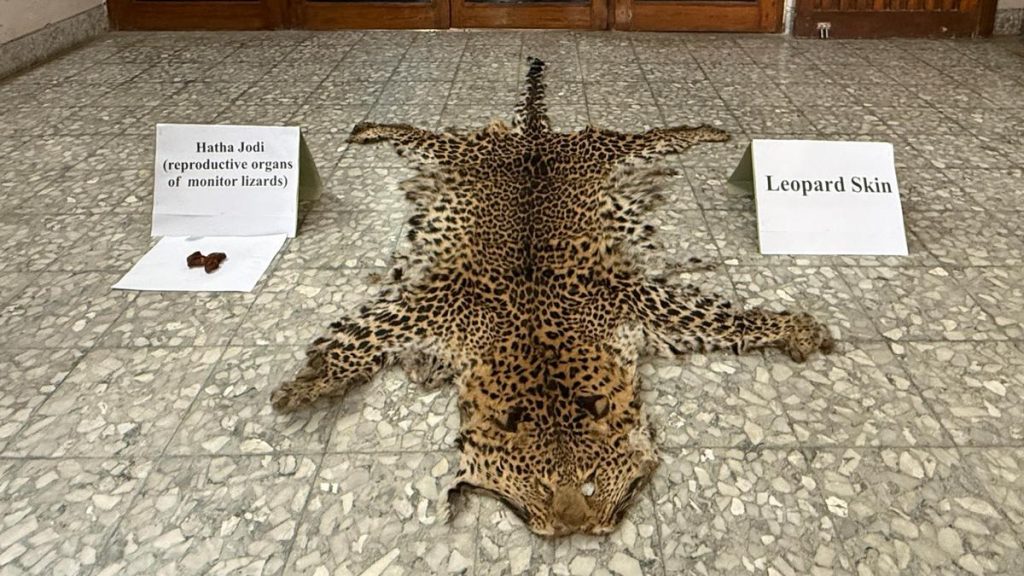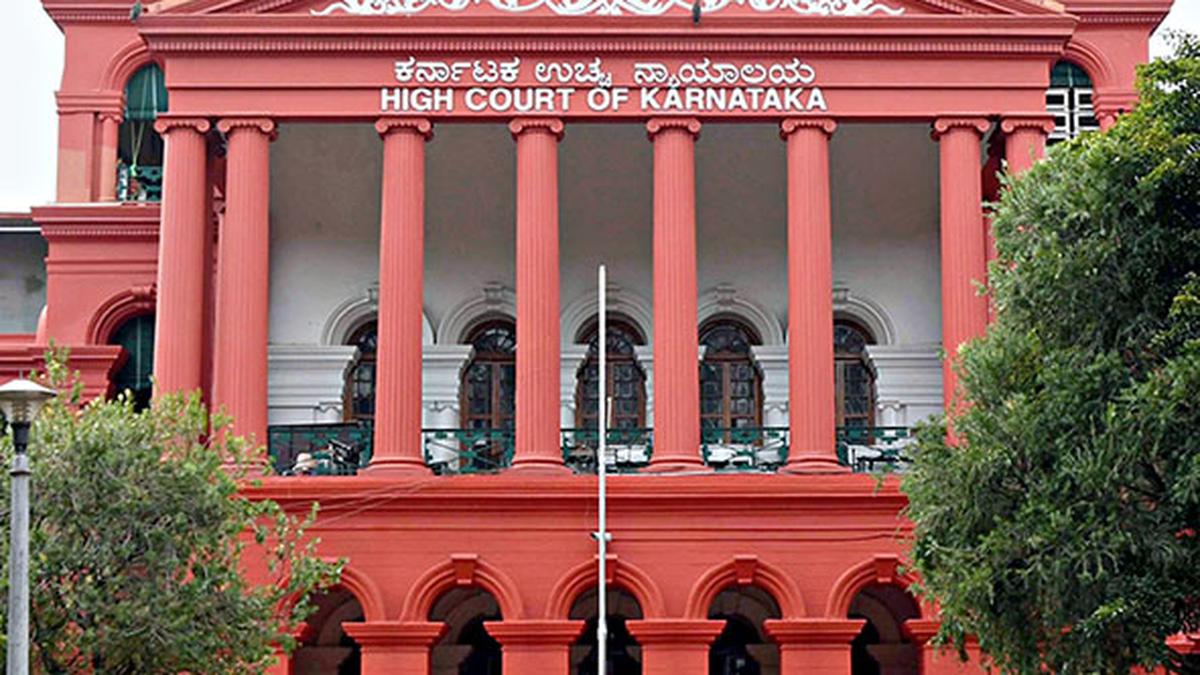Now Reading: Call for Higher Education to Adopt AI and Data-Driven Learning Models
-
01
Call for Higher Education to Adopt AI and Data-Driven Learning Models
Call for Higher Education to Adopt AI and Data-Driven Learning Models

Fast Summary
- A national conference titled ‘Envisioning Tomorrow’s University: A Transdisciplinary Dialog on the Future Education’ was organized by MIT world Peace University (MIT-WPU), Goa, at the School of Planning and Architecture (SPA-Vijayawada).
- focus areas included moving higher education away from traditional long-degree structures to more flexible,AI-driven,data-oriented learning models and industry-collaborative-skill-based courses.
- The event highlighted integrating scientific insight with spiritual wisdom, sustainability, and collaboration to create a future-ready educational framework.
- Led by MIT-WPU’s executive president Rahul V. Karad, the conference featured 25 scholars from disciplines like architecture, technology, law, medicine, management, liberal arts, pharmacy, engineering and design. Experts also came from government bodies and industry sectors.
- Program director at MIT-WPU School of Design and convener of the event Ganesh Jadhav emphasized the necessity of transdisciplinary dialogues in shaping India’s education system.
- Key attendees included SPA Vijayawada director Ramesh srikonda; registrar Uma Maheswara Rao; thought leaders such as Deva Kumar (Board of Community Development), M.V.Basaveswara Rao (Andhra Pradesh Akademi of Sciences) alongside senior academics from various institutions.
Indian Opinion Analysis
This conference sheds light on significant shifts needed in India’s higher education landscape-away from rigid structures toward adaptive learning models powered by technologies like AI. By promoting skill-based training integrated with values like sustainability and interdisciplinary collaboration across science and arts fields alike, initiatives like this symbolize an ongoing reevaluation of what future-ready universities should look like. involving diverse voices-scholars across fields as well as government-industry stakeholders-adds richness to these discussions.
For India’s rapidly evolving socio-economic milieu that increasingly demands specialized yet versatile knowledge systems aligned with global trends in innovation and workforce development-the collaborative approach showcased here could be instrumental in modernizing education policies nationwide. Such dialogues may encourage broader reforms-and further investment in adaptive technologies-to prepare young Indians for challenges ahead both domestically and internationally.
Read more: Source

























